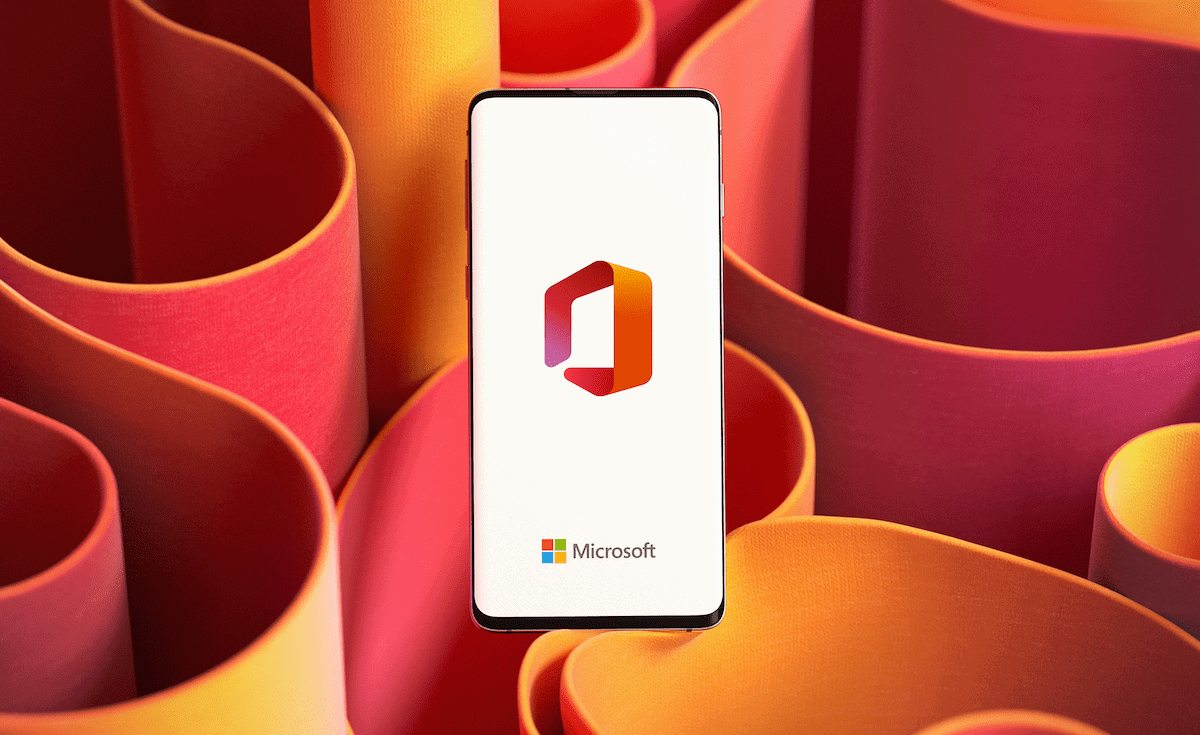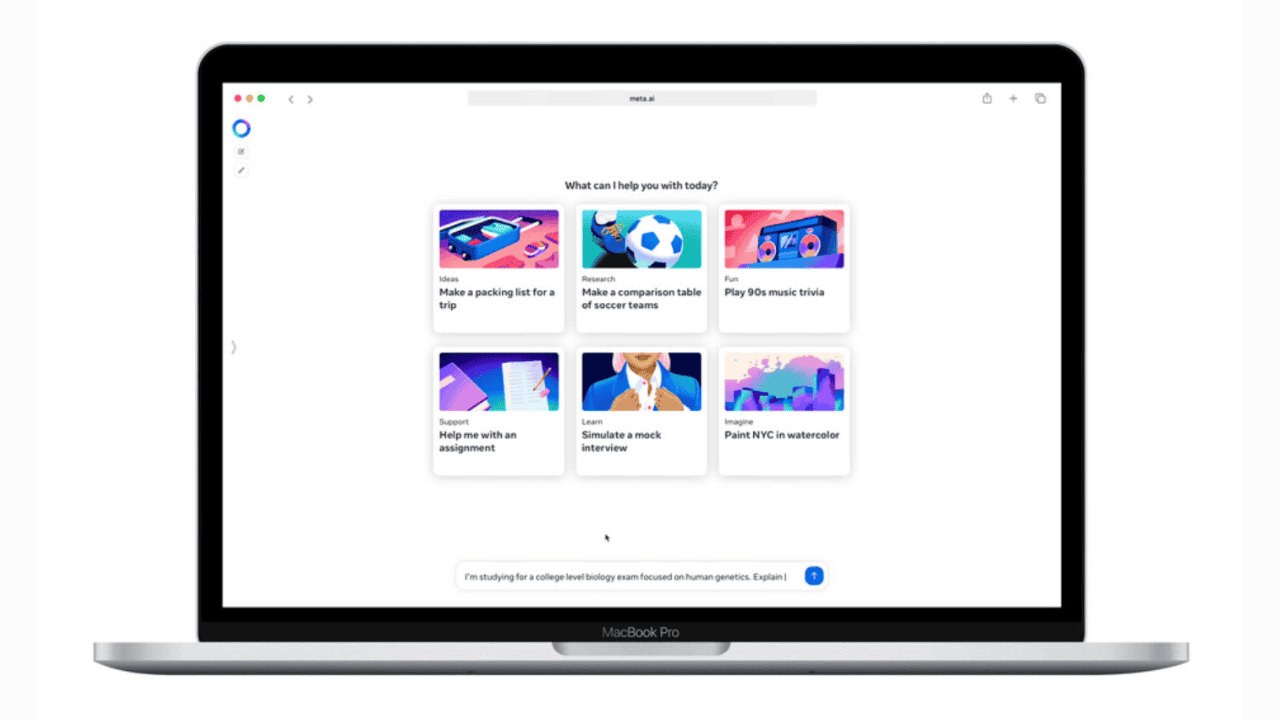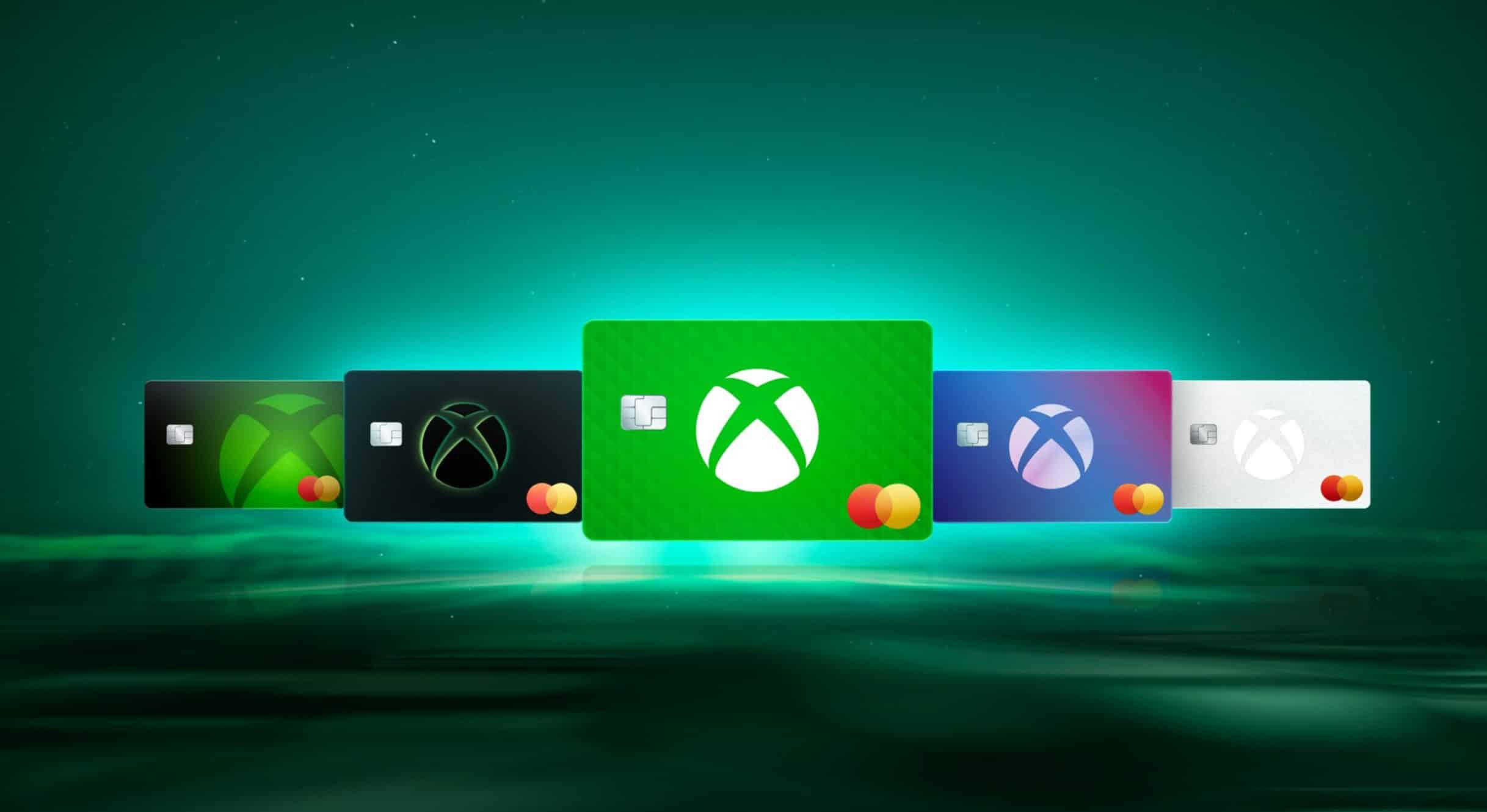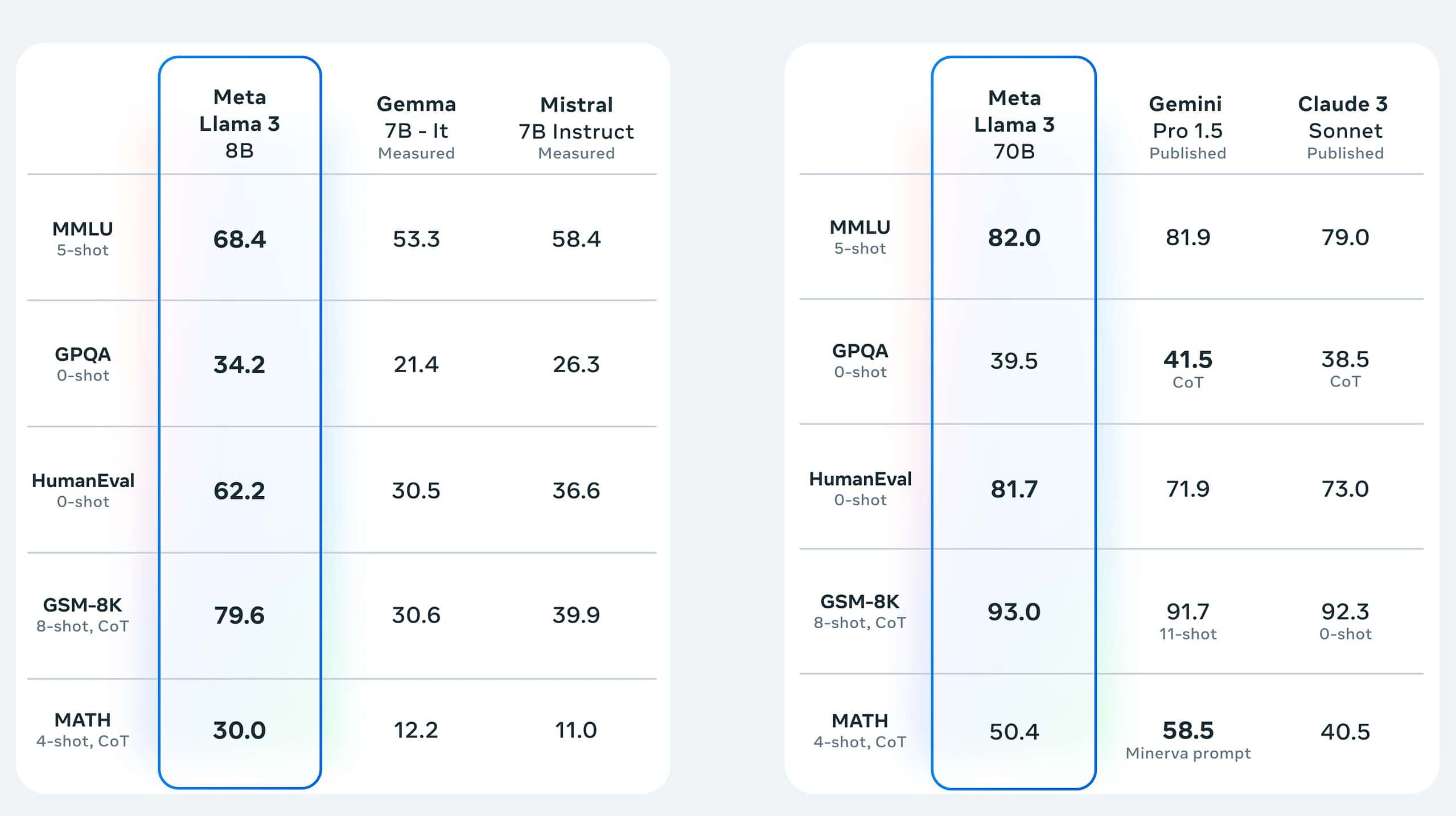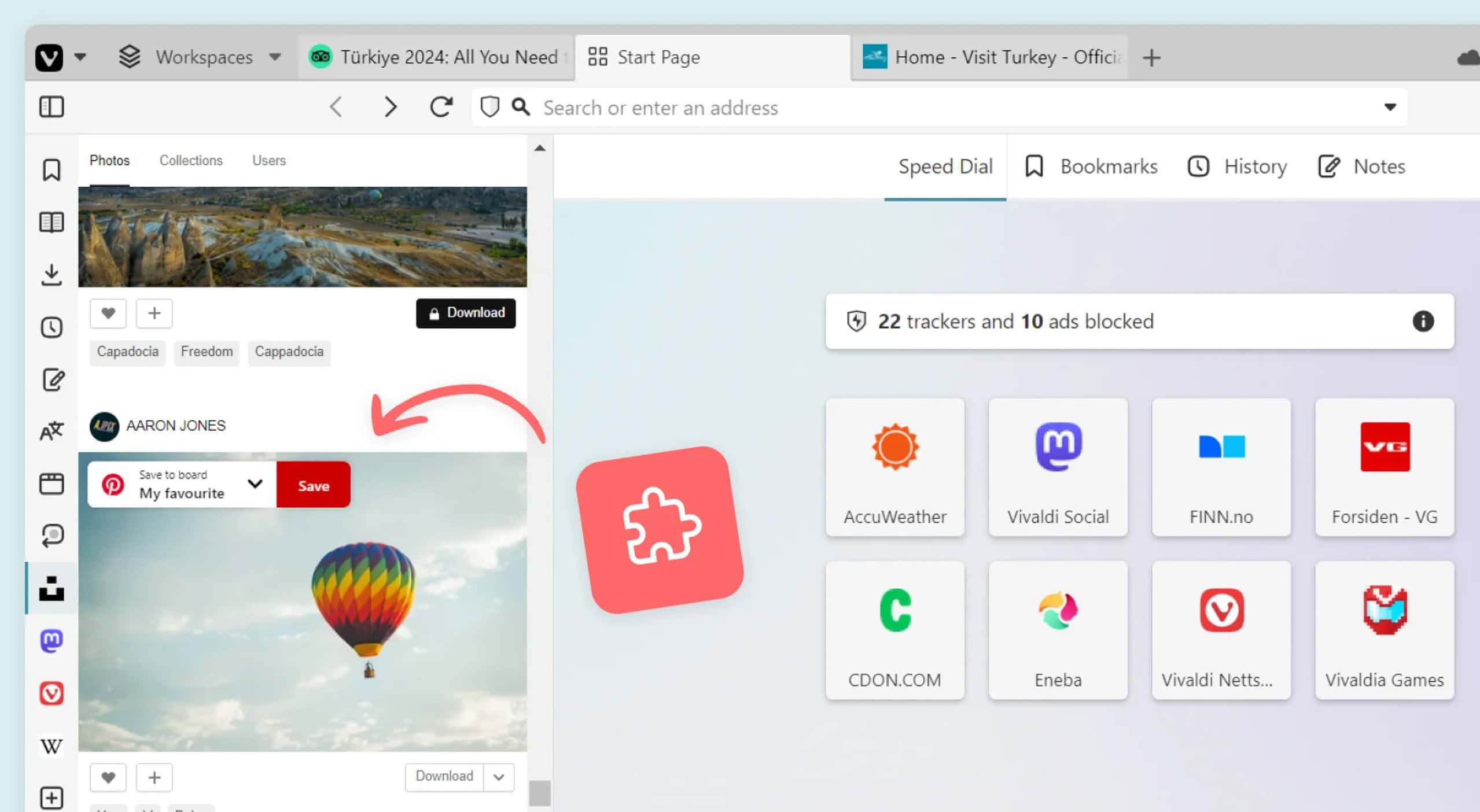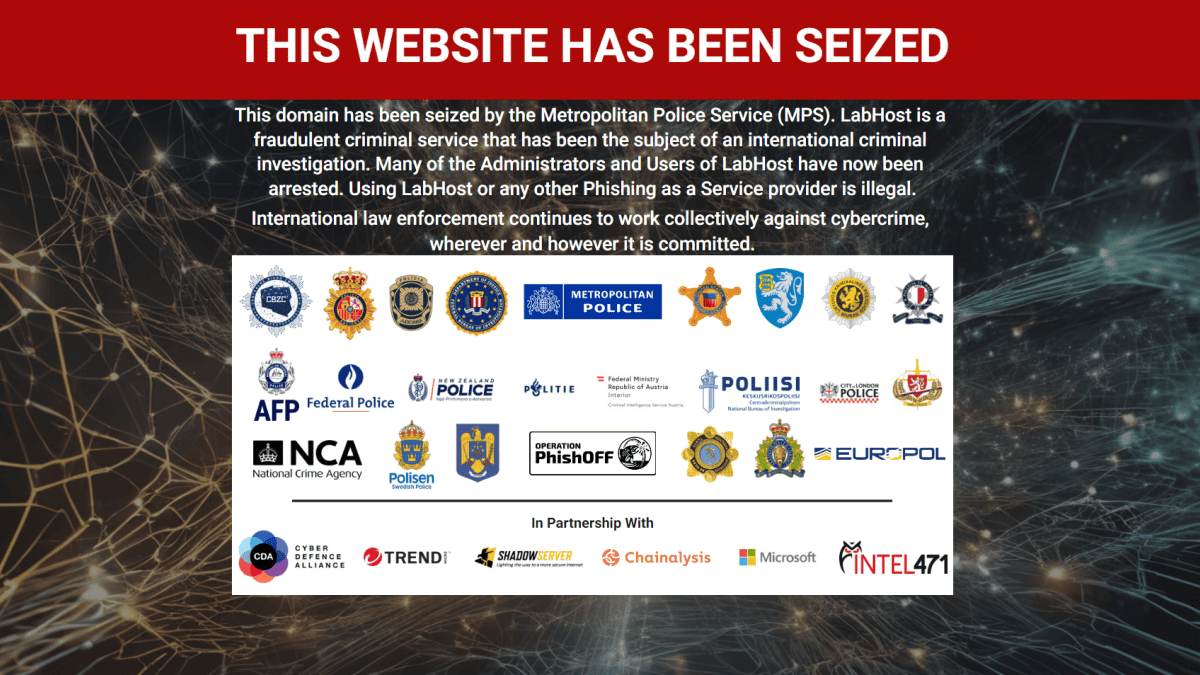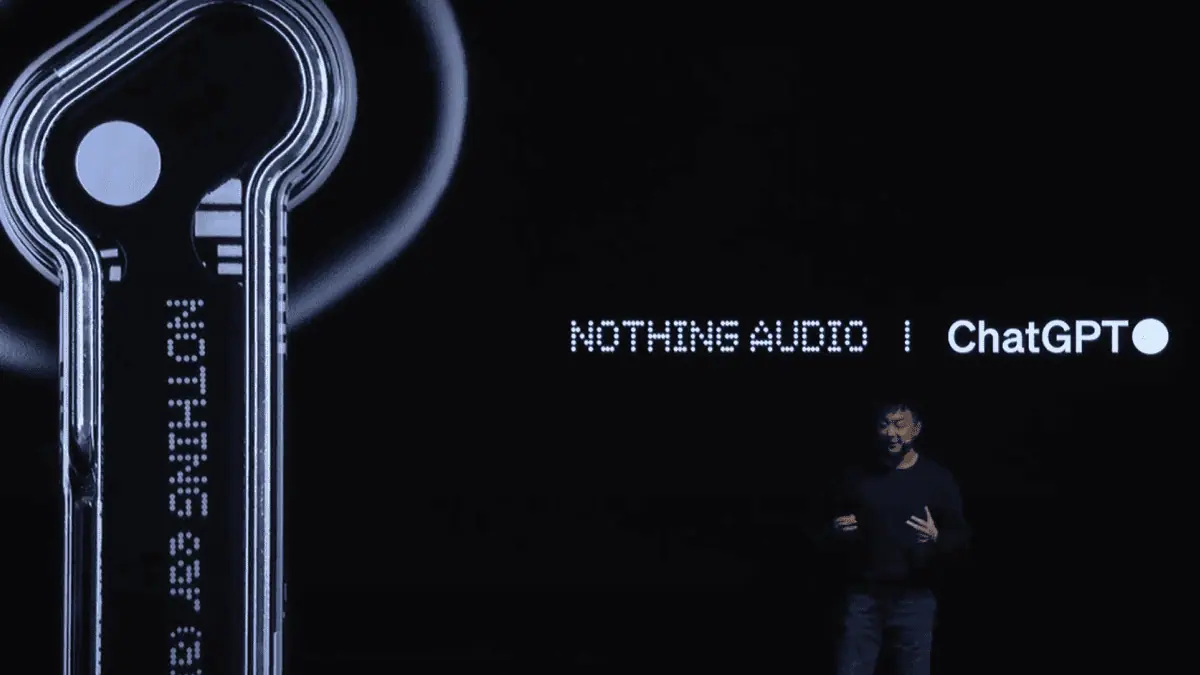Paul Thurrott puts his credibility on the line regarding Windows Phone 8 upgrade
5 min. read
Published on
Read our disclosure page to find out how can you help MSPoweruser sustain the editorial team Read more


Paul gives a number of reasons, but primarily relies on an unnamed source in Microsoft from whom he has wrung the confession.
He says:
Allow me to set the record straight. No. It won’t happen. Not for the Lumia 900, and not for any other existing phone. It won’t happen partially, through an update that will deliver just some features, and it won’t happen for those who wish to pay for such an update. It simply isn’t happening. Sorry. But please don’t email me about this; I’m just the messenger.
He gives the following reasons why an upgrade did not ever make any sense, which we will deal with in turn:
First, there’s no economic imperative; Microsoft’s partners have sold very few Windows Phones, and supporting a new platform on legacy hardware would be expensive.
At WMPoweruser.com we believe around 11 million Windows Phones have been sold so far. By the time Windows Phone 8 comes out it should be up to 15-18 million. While this is not much compared to the 200-300 million phones on other platforms, that is the totality of Microsoft’s mobile platform. If they do not extend their new APIs to this installed base, it will immediately reduce the size of the market for the new apps to just those new handsets sold in that quarter, leaving developers to choose whether to target the vast majority of Windows Phones, or the small segment of “advanced†devices. This is of course the essence of fragmentation, which is not just a curse word all by itself, but cause real practical issues for developers, and real advantages when avoided.
Regarding the cost of actually upgrading handsets, we would suggests Microsoft measure it against the cost of correcting the PR nightmare of not upgrading Windows Phones 7 handsets will cause. We suggest at least $500 million to $1 billion damages would be a conservative number.
Microsoft should of course remember the last time they refused to provide an upgrade, from Windows Mobile 6.5 to 7, their sales dropped from around 4 million a quarter to 0.5 million in Q4 2010. Sales have not yet recovered to those Windows Mobile days, after Microsoft spent several billion dollars. Imagine if Microsoft did upgrade the HTC HD2 to Windows Phone 7. Instead of struggling for 5 months to 2 million sold, they would have had an instant installed base of several million Windows Phone handsets from the start, which would also have jump started marketplace.
Second, the experience would be terrible; Windows Phone 8 is based on Windows 8, not Windows Phone 7.x, and requires headier, higher-end hardware with two or more core processors.
This would seem to me to be the weakest reason. Are we to assume Microsoft intends to abandon the low-end market, Nokia’s bread and butter? While we know Windows Phone will support dual core processors, requiring dual core processors will kill the OS as surely as not supporting dual core in the future would too. For the same reason not all Windows Phones will have HD screens, NFC or other advanced features. China and India will simply not support this.
Third, handset makers and wireless carriers would never support this upgrade; they want to sell new phones.
While we know carriers and OEMs are not eager to push out updates and upgrades, in this case we are often talking about supporting handsets sold 3-6 months earlier. Demand for an upgrade will be loud and strong, and with a larger and larger base of Windows Phone customers, OEMs and carriers both have every incentive to keep their customers happy. In short, the same logic applied to the Mango update, yet both OEMs and carriers complied. Why would this be any different?
And finally, wireless carriers would never, ever, ever, ever deliver this update to users. There is just no way this will ever happen. And that’s true even when you factor out that I know for a fact that this isn’t happening. Again. Sorry.
In this case Thurrott seems to be relying directly on his credibility. It is of note that Paul has been wrong in the past, most likely because his sources gave him the wrong information. Examples include carriers only being allowed to skip one update, or that the Nokia Lumia 710 was coming to Verizon, or that Tango will not be coming to US phones. When relying on others it does not pay to be so emphatic.
Of course we are not saying Paul is wrong – merely that he can be wrong, his reasons are weak, and he has been wrong in the past.
Despite his statements, we will have to continue to wait and see.
Thanks Joe for the tip.

